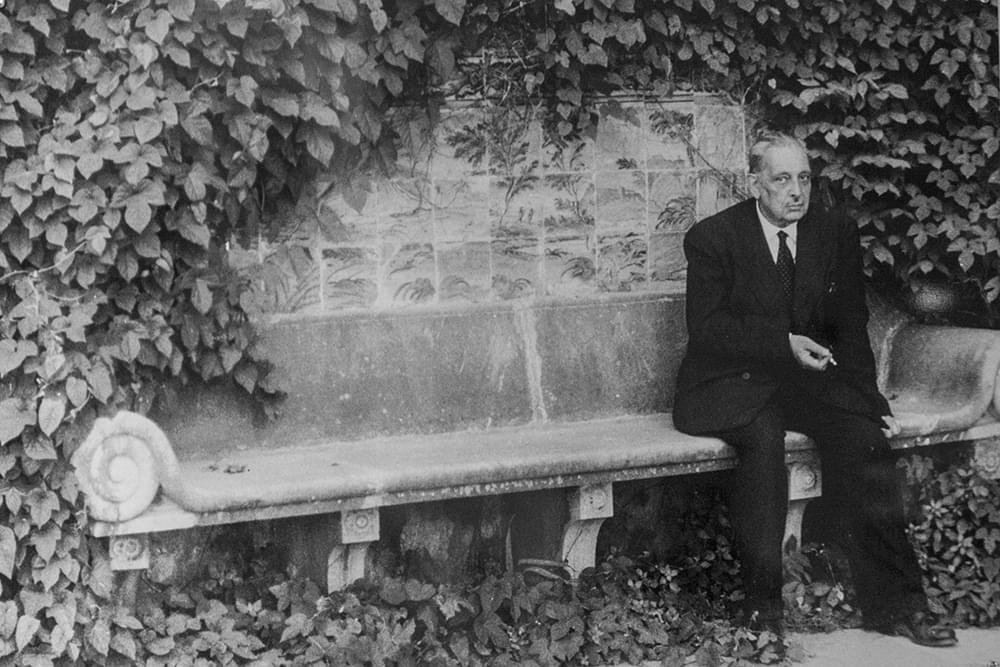
Giuseppe Tomasi di Lampedusa, born on December 23, 1896, in Palermo, Sicily, was an Italian writer who became internationally famous posthumously for his novel "The Leopard" ("Il Gattopardo"). Despite his brief literary career and limited output, Tomasi's work left an indelible mark on 20th-century literature, offering profound insights into the social and political changes that swept through Sicily during the Italian unification.
Giuseppe Tomasi was born into the aristocratic Tomasi family, whose lineage included the influential poet and saint, San Giuseppe da Copertino. The Lampedusa title was derived from one of the smaller islands off the coast of Sicily. Growing up in a decadent, fading aristocracy, Giuseppe's childhood was enveloped in a milieu of decline, a theme poignantly explored in his later works.
The young Tomasi was educated primarily by private tutors before studying law and literature at the University of Rome. However, the outbreak of World War I interrupted his studies. He served as an artillery officer and was captured by the Austro-Hungarian Army in 1917, an experience that profoundly influenced his worldview and later writings.
Tomasi di Lampedusa spent much of his life managing his estates and indulging in his passion for literature. Influenced by writers such as Stendhal, Tolstoy, and Proust, he cultivated a style that was introspective, meticulous, and deeply reflective of the psychological undercurrents of his characters. It wasn't until the later years of his life that he began to write "The Leopard", inspired by the life of his great-grandfather, Don Giulio Fabrizio Tomasi, Prince of Lampedusa.
"The Leopard", written in the 1950s and published posthumously in 1958, a year after Tomasi's death, is widely regarded as his magnum opus. The novel chronicles the life of Don Fabrizio Corbera, Prince of Salina, and his family during the Risorgimento, the unification of Italy in the 1860s. Through the eyes of the prince, Tomasi explores themes of decay, transformation, and the inevitability of change, reflecting the decline of the Sicilian aristocracy and the rise of a new societal order.
The book's famous maxim, "If we want things to stay as they are, things will have to change," encapsulates the paradox of preservation through transformation, a theme that resonates with the existential plight of the Sicilian nobility. This poignant reflection on the inevitability of change won "The Leopard" international acclaim, securing its place as a classic in world literature.
Though he did not live to see the success of his novel, Giuseppe Tomasi di Lampedusa's work had a lasting impact on Italian literature and beyond. "The Leopard" was awarded the prestigious Strega Prize and has been adapted into various forms, including a celebrated 1963 film directed by Luchino Visconti, further cementing its status in the cultural canon.
Tomasi's literary estate also revealed a collection of short stories and a set of lectures on English literature, demonstrating his broad intellectual interests and depth of knowledge. These writings, though less known than "The Leopard," provide valuable insights into the author's literary vision and artistic mastery.
Giuseppe Tomasi di Lampedusa remains a towering figure in Italian literature, not only for his iconic novel but also for his ability to articulate a transitional period in Sicilian, and more broadly, Italian history. His work continues to be studied and revered, resonating with those who experience the universal themes of change, loss, and resilience.
Through "The Leopard," Tomasi di Lampedusa has immortalized the elegance and tragedy of a bygone era, offering future generations a window into the soul of the fading Sicilian aristocracy. His legacy endures as a testament to the power of literature to transcend time and place, capturing the complexities of human history and emotion in the face of inevitable change.

More Details